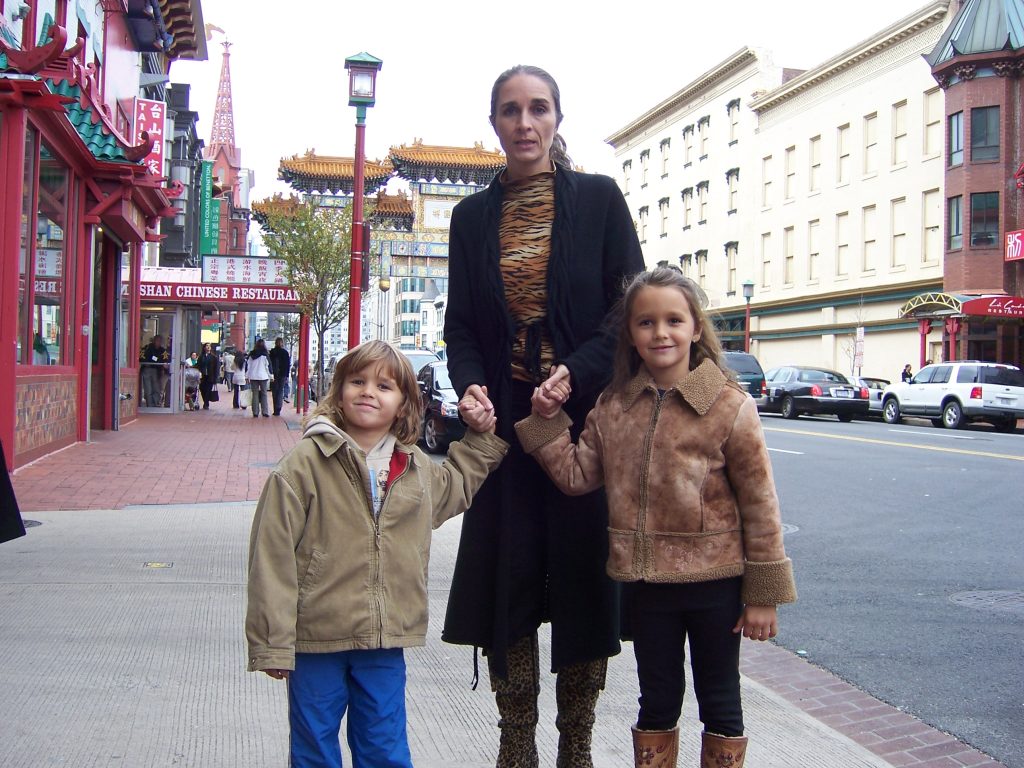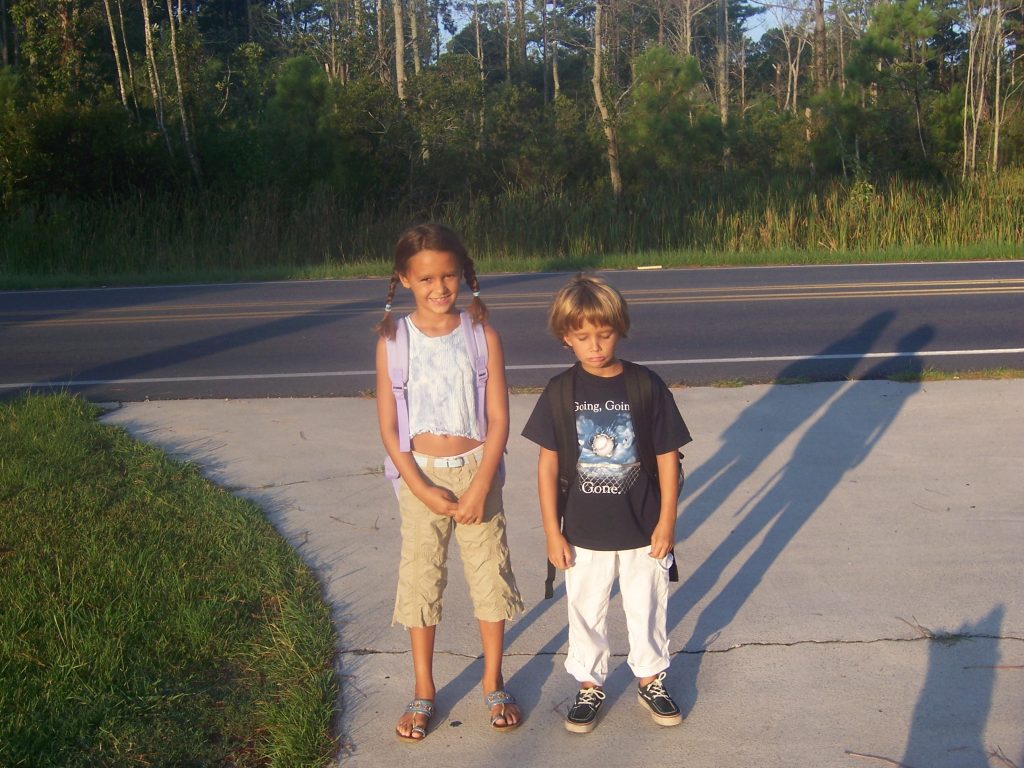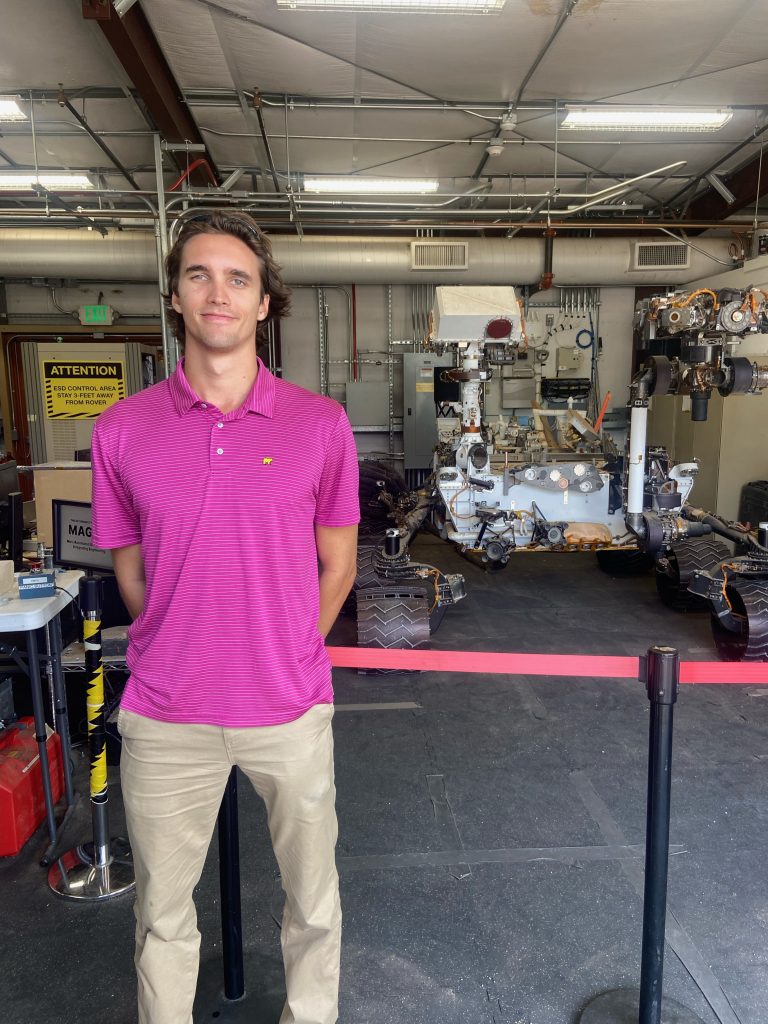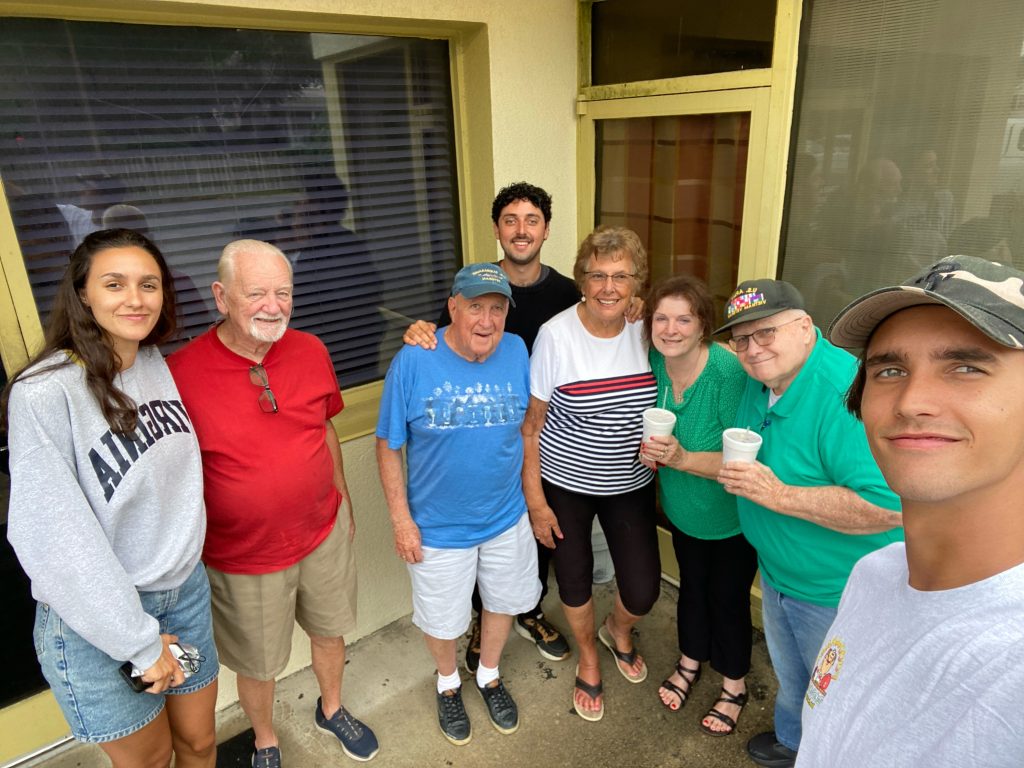When asked how he culturally identifies himself, Max Janesik affirmed, “I consider myself to be North Carolinian but also my family comes from the Czech Republic.”
Janesik’s identification with North Carolinian culture differs vastly from the responses from both Nangoli and Gundimeda who strongly identify with their parents’ homeland. Janesik expresses a deeper connection with the culture of the state he was born into rather than her parents’ country of origin. According to Dean Woods, “I think it just depends on how people are raised, and not only that, how people interpret the world around them.” For Janesik, his relationships and ties to North Carolina were more prevalent and defined in his upbringing than those in the Czech Republic.
With the exception of his intermediate level Czech and childhood recollections of Slavic cartoons, “I don’t think I am that connected with the culture,” said Janesik.
After receiving a degree in education in the Czech Republic before the fall of the USSR and eventually moved to North Carolina as an exchange student. While studying in the state and working at a local Golden Corral, his parent’s met in 1998, and ultimately raised Janesik and his older sister in North Carolina.

Janesik speaks to his mother’s prominent challenges overcoming the language barrier while working in the food service industry. Working as a waitress, his mother was constantly spoken to by a range of voices and dialects. “Her having to understand that, that’s how she learned pretty fast.”
During Janesik’s childhood, his mother was very demanding when it came to his interests and academics, especially in the areas he performed well. Even though her intentions were to motivate Janesik, her actions often felt dominating and struck him differently than she anticipated.
Similar to the pressures and emotional tax faced by Nangoli and Gundimeda, Janesik endured a similar cultural tension in the interests he pursued. Frankly, this is the story of many first generation American college students. “I think there is certainly cultural pressure to want to do certain things,” said Dean Woods. “I think it’s unique when you’re first gen, because I think there are parents that if their kids, the first one going to college, you have to aspire to be a top doctor, lawyer, engineer.”

For Janesik, it was swimming as well as his interest in aerodynamics.“I think it was more that my mom saw that I was good at this, and she just wanted me to be successful in it.” While other North Carolinians his age would be enjoying the beach and leisure of summer vacation, you could find Janesik “at Nerd camp, at like Georgia Tech, and just studying still.” This high esteem for education inspired Janesik’s motivated energy to pursue aerospace engineering at USC. Currently, he is an intern at NASA at the Edwards Air Force Base.
Now that his career in engineering is on track, he is committed to giving back to his mother who moved back home to the Czech Republic to live with her parents this past year. Embarking on a full-time job in aerospace engineering, Janesik’s next task is very similar to Gundimeda’s post graduate priorities, “What can I do to help out as soon as possible?” In tune with his deep cultural values for family and respect for elders, Janesik’s goal is to set up his mother with the life she could not have. Although his mother is nearly 6,000 miles away, the future for Janesik is about, “giving her at least what I can, even when I can’t see her.”

Experiencing his early twenties solo in Los Angeles, Janesik shared his thoughts on his solitude: “All I got is me right now with no, basically no family here. And that’s kind of, it’s like, scary.”
With no relatives in America except for his sister and a distant aunt, the holidays are quite different for Janesik. This is the holiday experience for many immigrant families who separated from other relatives when they resided in the states. Janesik expressed that, “Thanksgiving and holidays like Christmas make me envious of others who have all these people to celebrate with. For me, it was often just me and my mom, and sometimes it was just me, since she was always working.”
Now that his sister is occupied by her own commitments and his mother has moved back to her homeland, Janesik fills the void in a way that is second nature to many first generation Americans. In immigrant culture, it is very common to refer to close family friends with familial labels like aunt, uncle, grandmother, or grandfather. Even though the individual is not blood related, they understand your story and roots to the extent that their comfort is comparable to the love of family. Janesik shared his admiration for her “grandma and grandpa” in North Carolina, “Obviously they are super close to me. They’re always like yeah your mom was super hard working and helpful to us. They had an appreciation for her, and that’s why they are grandma and grandpa now.”
Despite the fact that he has grown to be disconnected from his Czechoslovakian culture and traditions, he hopes to pass the Czech language onto his future children. Preserving language is how we continue to pass down stories and keep the light of rich culture beaming. As stated by Dean Woods, “Language is so important, not just in one culture, but in all of our cultures because it is how we share tradition from one generation to the next.”

Maintaining language serves as a reminder that it is a gift from his mother. “My mom was the one to give me this. Knowing that the language will always be there, the culture will always be there.”